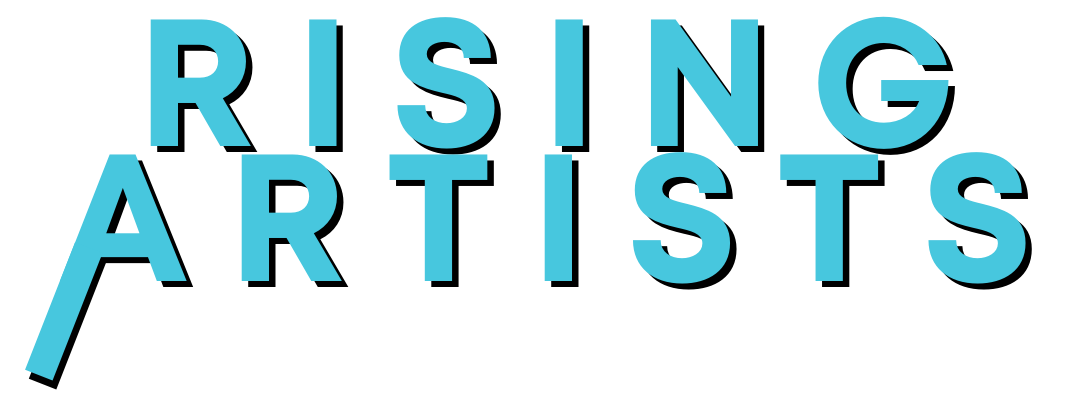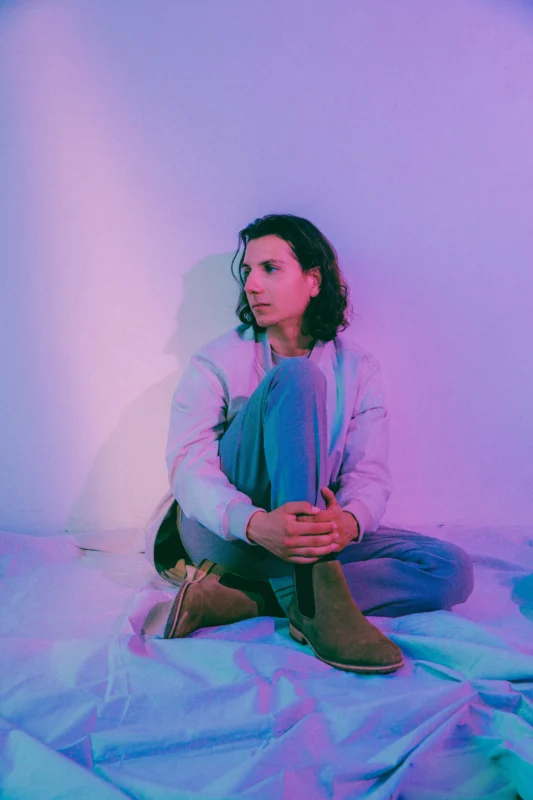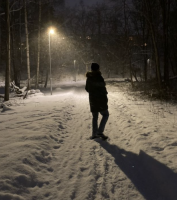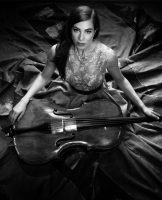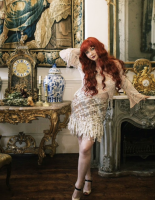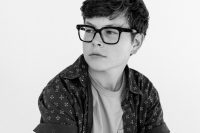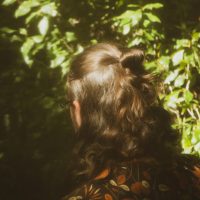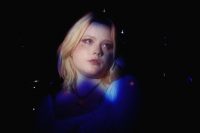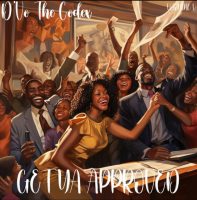“When she was younger, she would pretend That her bedroom was a castle, she was fairest in the land And she got older, and it all changed There was no time for make believe And all the magic slipped away Until the light and in her eyes, it was all but gone ‘Cause all the dreams that she had, turned out to be wrong” Lyrics of “Keep Your Head Up Princes”
For many people, Anson Seabra is the prince in a white shirt who sings sad songs on a piano with a voice smoother and sweeter than candy and melodies flowing through the tip of his fingers, but if you dive deeper, the world looks and feels slightly different through his eyes. He brings back the magic, the tastes, and the colors to a mundane, stressful yet unfulfilling life and sees people for who they are, not just the name tag or definition the world labeled them, but the one under, who has emotions, naughty thoughts, and dreams. Feeling For My Life covers a wide range of emotions and experiences through nine songs that shift in perspectives.
The album opens with a heavier track “We’re Not In Kansas Anymore,” tapping into the raw feeling of nostalgia that a highly sensitive person experiences with change and new beginnings — leaving something behind, saying goodbyes, seeing it for the last time as opposed to the excitement and adventure an extrovert might feel. It explores the attaching emotions, the familiarity, and the memories and captures that tender, melancholy feeling so perfectly.
Articulating the vulnerable, darker times is another theme in Seabra’s music even though it might be nerve wrecking at times. “It’s Raining, It’s Pouring” and “Lucky Charms” are two of the songs that revolves around the time of awakening when Seabra was in touch with a darker side of him. As a songwriter, he is known for his brilliant, highly relatable lyricism that always seems to read the minds. The artist has commented that one of his favorite lines in the EP is “Lucky charms in the same wall, look for rainbows, but all the colors just go grey in the end.”
In “Magazines,” Seabra turned the camera to the inner struggle of a voice we all tend to forget in real life — the prettiest girl in the room, the model, the one on the cover of magazines, who no one knows or cares about beyonds and underneath the photo — the magic she has within herself and the way she feels and sees herself: “And she says, under that covers, I’m someone else” “Yeah, the magazine, don’t always tell the truth.” Seabra captures the loneliness they feel and the same numbing feeling “went from her parents old house to become a household name, it’s a whole new world but somehow still feels just the same.”
“Keep Your Head Up Princess” gives voices to three brave princesses who opened up about their own vulnerabilities going through a tough time in life but thriving for better: 5 years old Alabama who was adjusting to her parents separation; Stephanie, a single mom who worked two jobs and struggled to make it on her own; and Ryan, a ballet dancer who suffered from eating disorder and decided to take time off to take care of herself. From a place of hurt, they gradually fought their way back to a better life that they deserved. The stories in Anson Seabra’s voice have become something magical and powerful, a message for everyone who is trying their best with their lives: “I know it hurts right now but I know you’ll make it home”
Written by Katrina Yang

Photo credit: Matty Vogel
Press Q&A with Anson Seabra
Q (Glass Factory) : In using imageries of fairy tales throughout your work, how do these themes contrast with the feelings of curating of escape verses journaling through self discovery and heartbreak?
ANSON SEABR: The reason I use so much fairy tale imageries in my songs is because there’s something so potent about fairy tales. It’s like a form of escapism, but it’s not really an escape because the more work I do on myself (I meditate a lot), the more I live and understand who I am, the more I understand that we sort of lost touch of the magical nature of reality because it’s really magic if you really think about it. Life itself makes no sense, there’s so much that’s unbelievable. For most people that’s been completely lost because we’ve been locked in this nine to fives, paying our bills, whatever the new Netflix movie, etc. The reason people like fairy tales so much is because you get a taste of this other worldliness: what if life had no shackles? What if everything is fresh and new? What if we’re kids again? I’m so fresh with that feeling and want to give other people a taste of that fresh feeling. That’s the reason I used fairy tale imageries so much in my songs. You definitely have do it in the right way.
Q (Honey Pop): One thing that I love about “Feelings For My Life” is the lyrics. Is there a line that stick out to you as your favorie?
SEABRA: Yeah, I really like the lyrics of “Lucky Charms” Same lucky charms in the same wall, look for rainbows, but all the colors just go grey in the end. I wrote that song with Amy Allen. She’s a very prolific writer. I don’t actually eat lucky charms, but it’s so sick to say You look for rainbows in lucky charms, but all the colors just go grey in the end.
Q (Anti Magazine): Who is your favorite storyteller?
SEABRA: There’s a columnist named Dave Barry. He’s an author. He writes humor columns, but he also wrote Peter and the Starcatchers. I love Dave Berry. I grew up reading his work. He’s got like a bunch of books. He’s always telling quirky stories about his life, but he always makes it really funny. When I was really young, I’d like to copy his style — I’d write essays, columns about my life and make them really funny and read it to my family. I really like the Lord of the Rings Trilogy. It’s probably one of the finest writing ever done.
Q: What is your favorite part of seeing people using your lyrics to interpret their stories on Tik Tok?
SEABRA: A lot of my songs were written in a deeply distressed state, a very lost place. I have a song called “Broken” and I remember just feeling so fucked up. Just feeling “am I the only person who feels like a shell of my former self?” I was completely lost. I think seeing people do things with the song and relate to stories is really good for me because it makes me feel like my suffering wasn’t in vain. Now I’m in a better place and I have more perspective in what was going on with my life when I wrote those songs, and I know that no way I was alone, but I would say most people probably felt that way on some degree and they just don’t have the clarity to maybe articulate in the way I did, so I guess seeing that I’m helping people in a way.
Q (When I Make It To LA): Have you ever been tense about displaying so much vulnerability in your music?
SEABRA: Definitely. I have a song called “Lucky Charms” on the EP that just came out, and the lyrics is literally “I hate myself but I don’t want to.” And if I play that, I gotta sing it in a room of 500 people. I was just thinking about that — I have to put on a show and sing “I hate myself” in front of 500 people, and I don’t think people want to hear that. I don’t think they want to look someone like me in the eyes and confront the idea that seemingly “normal” people might have more nuanced ideas about themselves, and obviously that song was written at a different time, but I still think it’s still important to put out. I still have reservations about it and sometimes I listen back to songs I wrote and I think, damn that’s a sad song. I don’t regret putting out any of the songs because they speak for themselves. When I wrote those songs, I was a different person, but someone has to say it.
Q: Is any of your songs particularly hard to write?
SEABRA: “Lucky Charms” was pretty hard to write. It’s an honest song. I remember going through a lot of therapy and doing a lot of introspection and just reaching to a point that I realized I hate myself, like I really do hate myself. I think it’s the disease of humanity today is to hate yourself. I think most people don’t actually like themselves, and most people are just kicking the can down the road, hoping one day they’ll wake up and they’ll feel like they’re good enough and whole, but I think I was blessed and cursed to wake up from my own delusion very early in life. That song is about to realize that I really didn’t like myself very much.
CLICK HERE TO LEARN MORE ABOUT FEELING FOR MY LIFE
STREAM FEELING FOR MY LIFE
FOLLOW ANSON SEABRA
